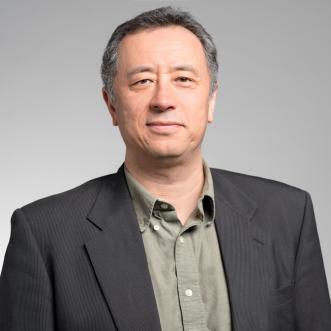




Research in the Wilson laboratory focuses on the study of information representation across large populations of neurons in the mammalian nervous system, as well as on the mechanisms that underlie formation and maintenance of distributed memories in freely behaving animals. To study the basis of these processes, the lab employs a combination of molecular genetic, electrophysiological, pharmacological, behavioral, and computational approaches. Using techniques that allow the simultaneous activity of ensembles of hundreds of single neurons to be examined in freely behaving animals, the lab examines how memories of places and events are encoded across networks of cells within the hippocampus a region of the brain long implicated in the processes underlying learning and memory.
These studies of learning and memory in awake, behaving animals have led to the exploration of the nature of sleep and its role in memory. Previous theories have suggested that sleep states may be involved in the process of memory consolidation, in which memories are transferred from short to longer-term stores and possibly reorganized into more efficient forms. Recent evidence has shown that ensembles of neurons within the hippocampus, which had been activated during behavior are reactivated during periods of dreaming. By reconstructing the content of these states, specific memories can be tracked during the course of the consolidation process.
Combining the measurement of ongoing neuronal activity with manipulation of molecular genetic targets has allowed the study of how specific cellular mechanisms regulate neural function to produce learning and memory at the behavioral level. Pharmacological blockage of these receptors has allowed the study of their involvement in the rapid changes that occur during both waking and sleeping states. Simultaneous monitoring of areas in the hippocampus and neocortex have allowed study of the downstream effects of activation.
Taken together, these approaches contribute to the overall research objective: to understand the link from cellular/subcellular mechanisms of plasticity, to neural ensemble representations and interactions, to learning, memory, behavior, and cognition.
Matthew A. Wilson received his Ph.D. in Computational and Neural Systems from the California Institute of Technology and completed his postdoctoral training at the University of Arizona. In 1994, he joined the faculty of the Department of Brain and Cognitive Sciences and the Picower Institute for Learning and Memory at MIT.
Pedro Feliciano
Research Scientist
Wei Guo
Research Scientist
Takato Honda
Research Scientist
Hector Penagos-Vargas
Research Scientist
Qianli Xu
Graduate Student
Jie Zhang
Research Scientist